Vitamin A in cattle fodder may protect against cows milk allergy
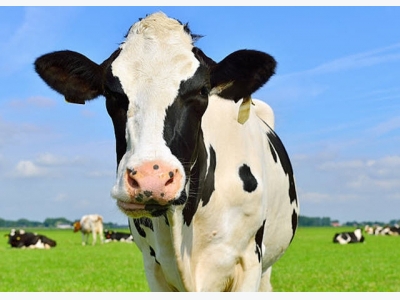
Cattle fodder enriched with vitamin A can prevent an allergic reaction against milk proteins.
Supplemental vitamin sources may not achieve same effect as natural vitamins found in green forages.
A real milk allergy occurs in about 3-5% of European children and more rarely in adults. The disease is different from lactose intolerance, whereby a lack of the enzyme lactase results in the inability to properly break down lactose, a sugar found in milk products, according to the University of Veterinary Medicine-Vienna (Vedmeduni) in Austria.
In the case of a milk allergy, the immune system reacts with a distinct immune response against the milk proteins, Vetmeduni said. Specialized immune cells are formed that produce antibodies against the milk proteins and then trigger a potentially much more dangerous allergic reaction.
A study by the inter-university Messerli Research Institute of Vetmeduni Vienna, Meduni Vienna and the University of Vienna has now shown that components of the cow's milk itself can help prevent this reaction. The key is that the milk protein beta-lactoglobulin, a relevant agent for allergic reactions, literally "pockets" a metabolite of vitamin A called retinoic acid -- but this would require cows to receive a sufficient supply of this vitamin, for example, through an abundance of green fodder.
If infants become allergic to cow's milk, their bodies produce Th2 lymphocytes. These are specialized immune cells that produce antibodies to fight milk proteins as part of the immune system, Vetmeduni said. One of the most important of these so-called milk allergens is the protein Bos d 5. Also known as beta-lactoglobulin, it is part of a family of proteins known as the lipocalins.
"This special protein family is characterized by molecular pockets that can take in small molecules like retinoic acid, which is a metabolite of vitamin A," first author Karin Hufnagl explained. "Our study showed that an 'empty' milk protein supports the activation of Th2 lymphocytes and so initiates an allergic chain reaction." However, Hufnagl said, if it pockets the retinoic acid, then the immune cells react moderately, without an allergic immune reaction.
"An adequate loading of the milk protein could, thus, prevent small children or even adults from becoming sensitized and expressing a milk allergy," study leader Erika Jensen-Jarolim added.
Milk -- especially cow's milk -- is an essential food product for most people, the researchers said. For allergy patients, however, it poses a risk. Besides causing swelling of the mouth or the mucous membranes, other symptoms can include diarrhea or aggravated atopic dermatitis, and in rare cases, it can even induce an allergic shock. A cow's milk allergy carries the risk of other allergic diseases such as allergic asthma.
"A sufficient supply of vitamin A to the milk producers, i.e., the cows, could counteract this effect in which a harmless food protein is converted into a milk allergen," Hufnagl said. It is uncertain, though, whether the positive effect of natural vitamin A shown in the study can also be achieved through dietary supplements.
"Artificial supplementation of a diet with vitamins may not achieve the same effect as natural agents and will likely result in inadequate loading of the milk allergen. It is, therefore, necessary to supply vitamin A to an appropriate extent already during the keeping or feeding of the animals. This can be achieved, for example, by increasing the supply of green fodder. Corresponding follow-up studies must still be carried out, however," Hufnagl said.
Related news
Tools

Phối trộn thức ăn chăn nuôi

Pha dung dịch thủy canh

Định mức cho tôm ăn

Phối trộn phân bón NPK

Xác định tỷ lệ tôm sống

Chuyển đổi đơn vị phân bón

Xác định công suất sục khí

Chuyển đổi đơn vị tôm

Tính diện tích nhà kính

Tính thể tích ao



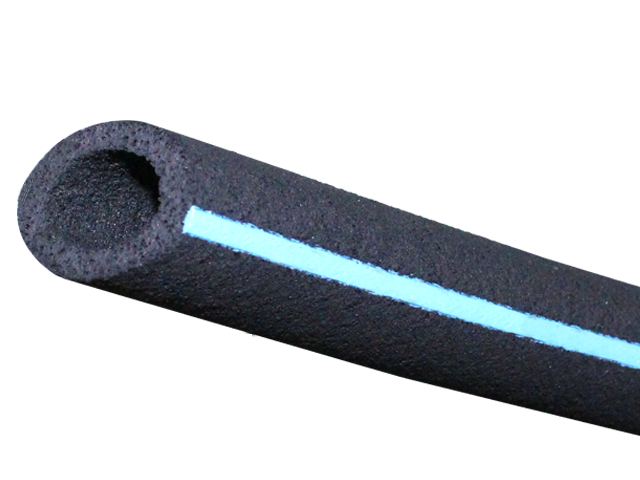
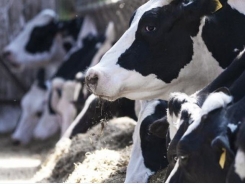
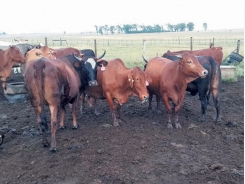
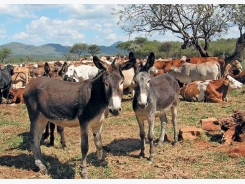


 Farming Bosrander and Meatmaster sheep
Farming Bosrander and Meatmaster sheep  Donkey farming: opportunity or threat?
Donkey farming: opportunity or threat?